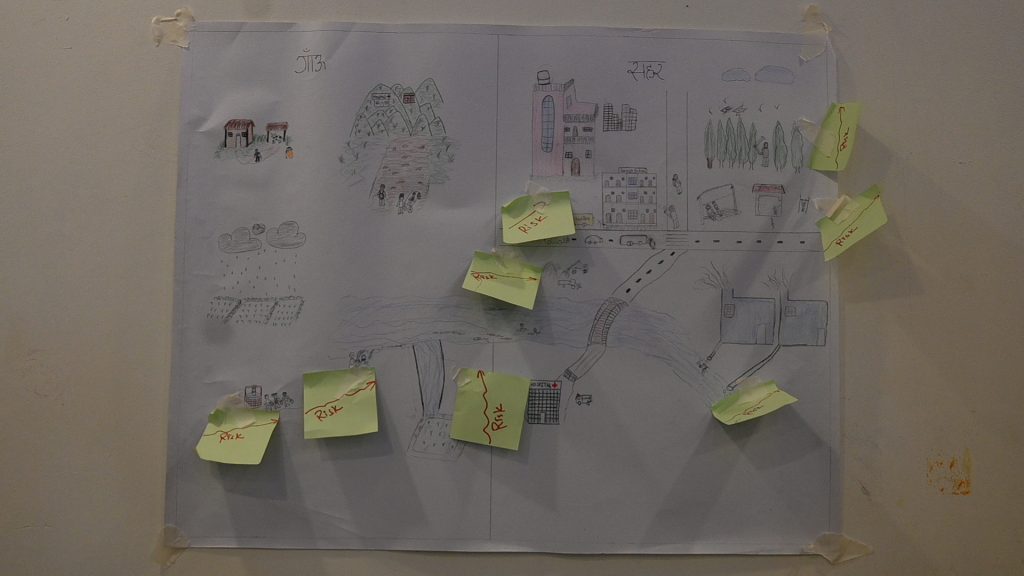Environmental Peacebuilding in Nepal
Promoting Intergenerational Dialogue and Collective Civic Action for Environmental Peacebuilding in Nepal

OVERVIEW
Through this project, we are aiming to explore the intersection of environment, peace, and civic engagement in Nepal, focusing on how communities can address ecological challenges through peaceful means. Centered around the theme of environmental peacebuilding, the initiative facilitates intergenerational dialogues and encourages collective civic action as tools for building resilience and social harmony in the face of environmental stressors.
The key objective of our ongoing project is to foster understanding between generations on environmental and governance issues, to build community capacities for resolving resource-based conflicts nonviolently, and to promote inclusive civic participation, especially of marginalized voices, in environmental decision-making.
For the first phase of our pilot project, we completed a desk review of the existing national and international laws, policies, guidelines, and regulatory frameworks that address environmental issues and conflicts. Specific conflict-prone environmental areas were identified, and a tool to map environmental violence was constructed. Experts were also consulted to guide the design and refinement of the tool.
Currently, we are organizing interactive youth workshops and in-depth interviews to explore the current and historical environmental scenarios in the Madhesh, Koshi, and Lumbini provinces. Young participants at these locations are providing their insights and experiences on environmental violence and the prospects for peacebuilding through Environmental Violence Mapping Workshops.

The students and youth of two municipalities in Bara district conducted a debate and art competition, along with a cleanliness program, at their respective schools and communities to tackle environmental violence. They took the lead in organizing such programs with the help of their schools, community members, and the Centre for Social Change. These students and youth participated in the Environmental Violence Mapping Workshop, where they developed a concrete action plan that they implemented as part of the Youth Leadership Workshop.
In Bhokraha Narsingh and Koshi Rural Municipality, youth have launched a campaign to prevent environmental violence, protect water sources, safeguard the earth, and promote tree plantation. A door-to-door sticker campaign has begun to raise public awareness. The initiative also includes installing dustbins, organizing cleanup drives, and working in coordination with local communities to take concrete steps towards building environmental peace.
At Suddhodhan and Butwal municipalities, students effectively spread messages about environmental violence through writing and knowledge dissemination. Students met local representatives to present their ideas and concepts. These young agents of change are involved in creating awareness and cleaner, greener towns, engaging themselves in dustbin distribution, cleanliness campaigns, and people’s participation programs.
